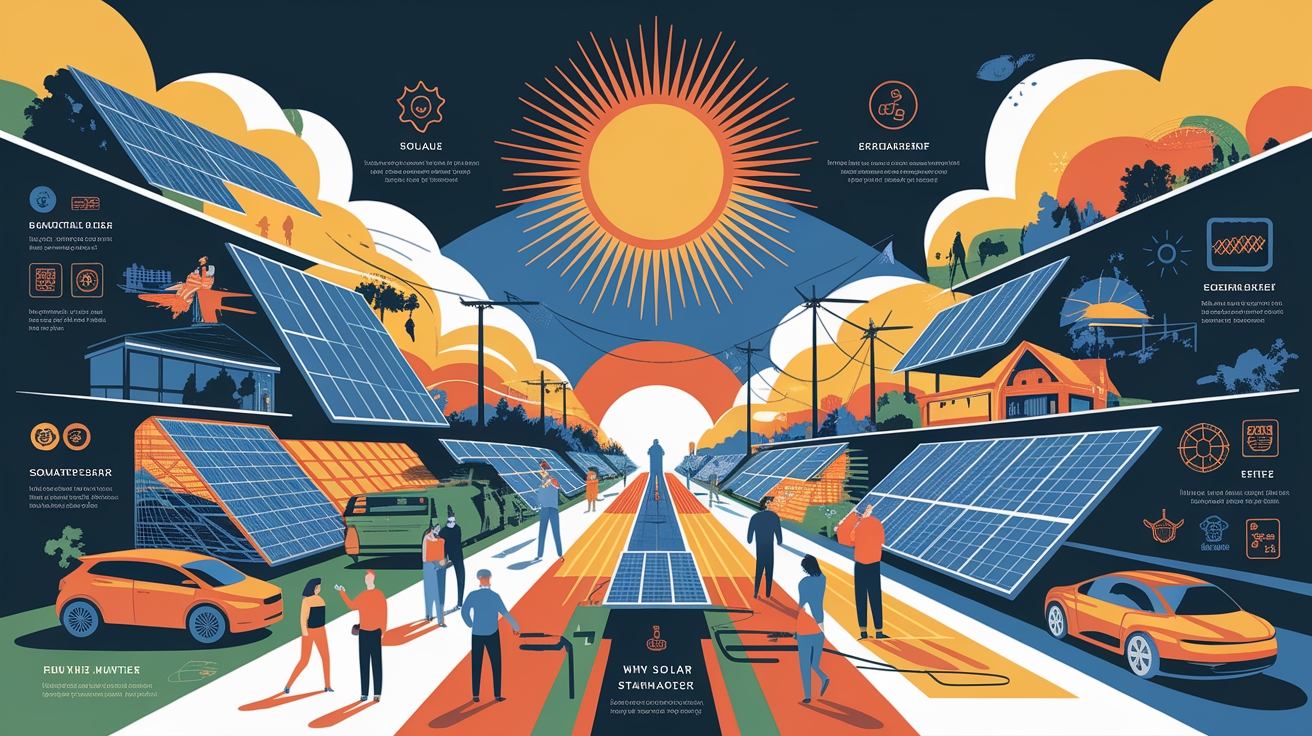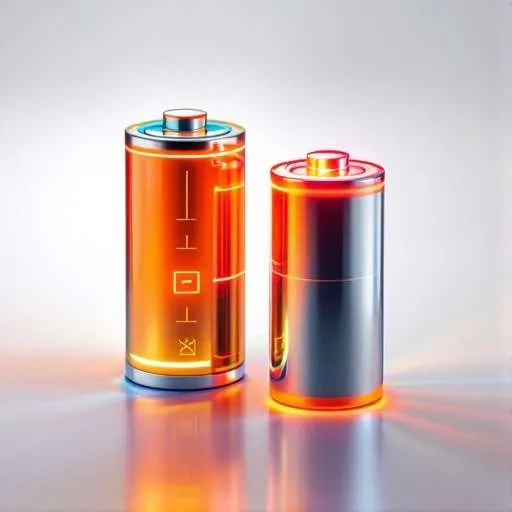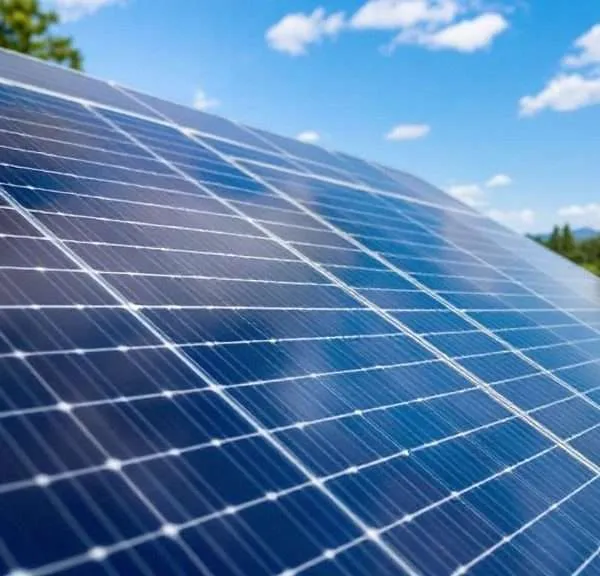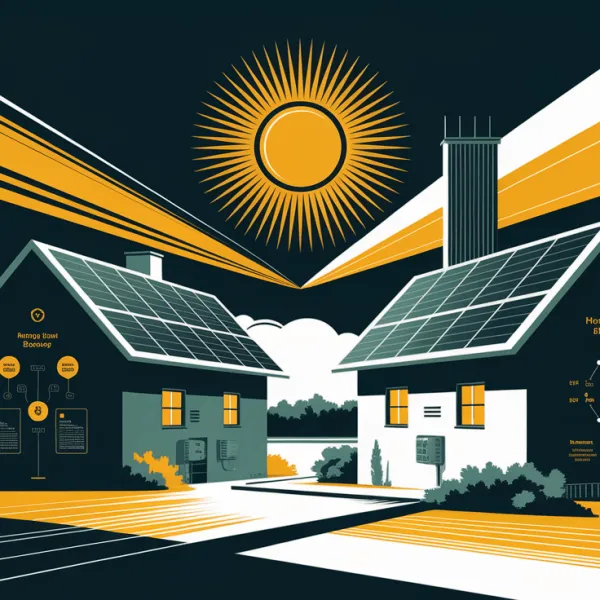Shining a Light on Solar Standards
In today’s rapidly expanding renewable energy market, solar standards and certifications play a pivotal role in ensuring that photovoltaic (PV) technologies meet stringent safety, performance, and durability benchmarks. For both industry professionals and informed consumers, understanding these certifications is essential—not just to meet regulatory compliance but to guarantee long-term value from solar investments.

From international frameworks like IEC 61215 to region-specific codes such as those in the National Electrical Code (NEC), these technical standards translate into real-world benefits: higher energy yields, reduced maintenance costs, and extended system life spans. In other words, certified solar equipment is more likely to deliver predictable, trouble-free operation—no matter where it’s deployed.
Why Solar Standards Matter
Solar installations operate in diverse and often harsh environments, from salt-laden coastal winds to extreme desert heat. Without robust testing and compliance protocols, the risk of premature failure or safety hazards increases significantly. Standards address key considerations such as:

- Electrical safety: Prevention of electric shock, fire hazards, and insulation failures through comprehensive testing such as ground continuity and insulation resistance checks.
- Mechanical integrity: Resistance to wind and snow loads verified through mechanical load testing and thermal cycling tests.
- Performance assurance: Power output verification under standardized conditions to prevent misleading efficiency claims.
- Environmental resilience: Durability tests for UV exposure, humidity freeze, and salt mist corrosion to simulate years of environmental wear.
Ultimately, standards protect end users, safeguard installer reputations, and help manufacturers demonstrate product reliability—critical factors for securing financing and insurance for large-scale solar projects.
Core International Panel Standards
At the global level, the International Electrotechnical Commission (IEC) develops widely recognized benchmarks for PV modules. The two most referenced include:
- IEC 61215: Establishes performance and reliability criteria for crystalline silicon modules, covering environmental stress tests such as thermal cycling, humidity freeze, and mechanical loading. It ensures panels can endure decades of outdoor exposure without significant degradation.
- IEC 61730: Focuses on photovoltaic safety, including electrical shock prevention, mechanical hazard mitigation, and fire safety classification.
For global market access, compliance with these standards is often a non-negotiable requirement. Manufacturers targeting North America will typically align with U.S. counterparts, such as UL 61730, which harmonizes with IEC 61730 to address region-specific considerations.
Essential Solar Certifications
Beyond panels themselves, the solar industry recognizes a variety of certifications for equipment and professionals:
- UL Standards: In the U.S., UL 1703 and UL 61730 ensure photovoltaic module safety; additional UL standards govern inverters and energy storage systems.
- ISO Certifications: Standards like ISO 9001 (quality management), ISO 14001 (environmental management), and ISO 50001 (energy management) help companies embed best practices across manufacturing and project lifecycles.
- TÜV Certification: A respected global mark, often verifying compliance with both IEC and regional standards.
- CE Marking: Mandatory for products sold in the European Economic Area, signaling conformity with health, safety, and environmental protection legislation.
- NABCEP Certification: Professional credentials from the North American Board of Certified Energy Practitioners for PV installers, sales professionals, and maintenance specialists, demonstrating validated expertise and adherence to industry best practices.
Selecting Certified Solar Equipment
Whether you are specifying components for a multi-megawatt solar farm or a residential rooftop array, certification should be a primary selection criterion. Here’s a practical roadmap:
- Verify product markings for relevant standards (e.g., IEC, UL, CE) and request the manufacturer’s official test reports.
- Ensure inverter and battery storage systems meet applicable grid interconnection and safety certifications, such as ANSI and IEEE standards.
- Check for certifications from reputable bodies like TÜV or NREL testing for additional performance validation.
- Consult the manufacturer’s compliance documentation to confirm all required photovoltaic quality assurance testing (thermal cycling, humidity freeze, etc.) has been completed.
Remember, uncertified or improperly certified equipment may not qualify for incentives, rebates, or even legal installation under local building codes—putting both your investment and compliance status at risk.
Sealing the Deal with Certified Solar
Solar standards and certifications are not just procedural hurdles—they are vital tools to control risk, ensure long-term energy production, and protect consumer trust. Certified products are more likely to perform consistently, meet warranty expectations, and integrate seamlessly with other system components. Professional-certified installers add another layer of assurance, ensuring systems are designed, installed, and maintained for the highest efficiency and safety.
For developers and homeowners alike, the takeaway is straightforward: use certified equipment installed by qualified professionals. This approach maximizes system ROI, enables access to diverse markets and incentive programs, and guarantees compliance with increasingly stringent renewable energy regulations. In the evolving solar landscape, certification isn’t an optional step—it’s your foundation for ongoing success.









